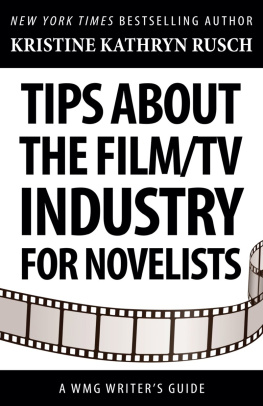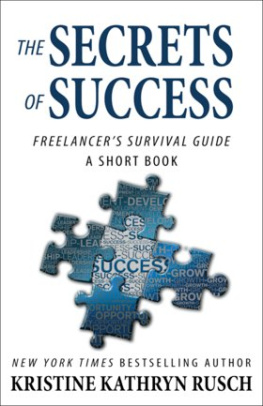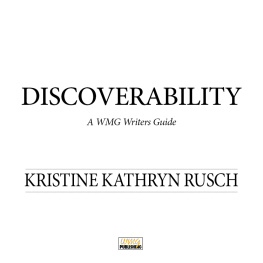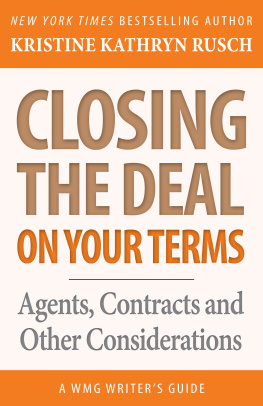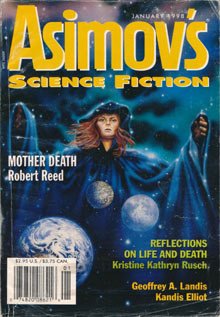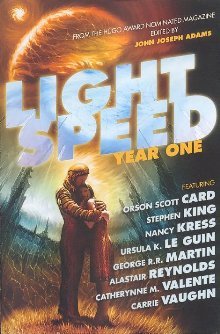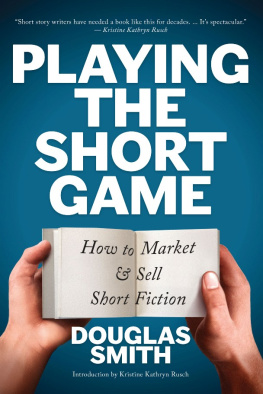Kristine Kathryn Rusch - Tips about the Film/TV Industry for Novelists: A WMG Writer’s Guide
Here you can read online Kristine Kathryn Rusch - Tips about the Film/TV Industry for Novelists: A WMG Writer’s Guide full text of the book (entire story) in english for free. Download pdf and epub, get meaning, cover and reviews about this ebook. publisher: WMG Publishing, Inc., genre: Detective and thriller. Description of the work, (preface) as well as reviews are available. Best literature library LitArk.com created for fans of good reading and offers a wide selection of genres:
Romance novel
Science fiction
Adventure
Detective
Science
History
Home and family
Prose
Art
Politics
Computer
Non-fiction
Religion
Business
Children
Humor
Choose a favorite category and find really read worthwhile books. Enjoy immersion in the world of imagination, feel the emotions of the characters or learn something new for yourself, make an fascinating discovery.
- Book:Tips about the Film/TV Industry for Novelists: A WMG Writer’s Guide
- Author:
- Publisher:WMG Publishing, Inc.
- Genre:
- Rating:3 / 5
- Favourites:Add to favourites
- Your mark:
- 60
- 1
- 2
- 3
- 4
- 5
Tips about the Film/TV Industry for Novelists: A WMG Writer’s Guide: summary, description and annotation
We offer to read an annotation, description, summary or preface (depends on what the author of the book "Tips about the Film/TV Industry for Novelists: A WMG Writer’s Guide" wrote himself). If you haven't found the necessary information about the book — write in the comments, we will try to find it.
Kristine Kathryn Rusch: author's other books
Who wrote Tips about the Film/TV Industry for Novelists: A WMG Writer’s Guide? Find out the surname, the name of the author of the book and a list of all author's works by series.
Tips about the Film/TV Industry for Novelists: A WMG Writer’s Guide — read online for free the complete book (whole text) full work
Below is the text of the book, divided by pages. System saving the place of the last page read, allows you to conveniently read the book "Tips about the Film/TV Industry for Novelists: A WMG Writer’s Guide" online for free, without having to search again every time where you left off. Put a bookmark, and you can go to the page where you finished reading at any time.
Font size:
Interval:
Bookmark:
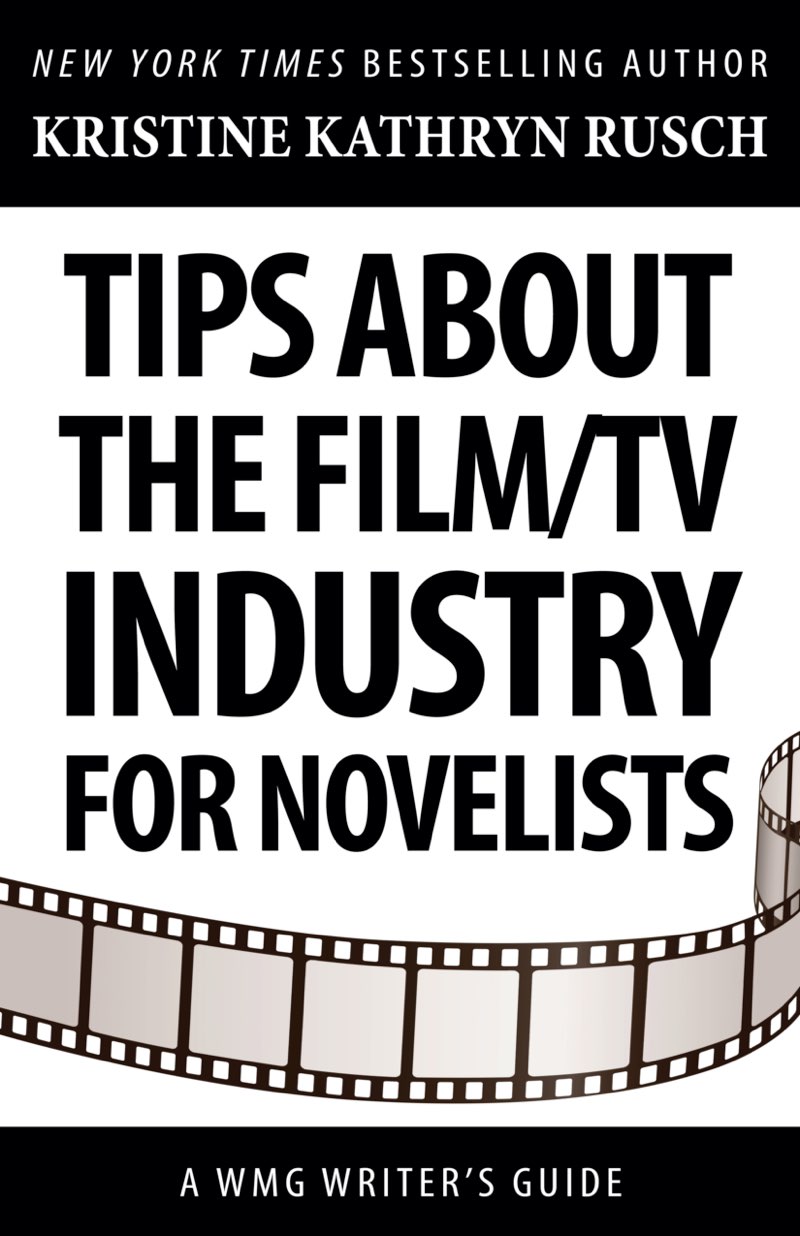

I do a surprising amount of business in the movie/TV industry. Yet, to date, no adaptation of my work has hit any kind of screen. This is not unusual. Many writers have made a lot of money off what I will casually and incorrectly call Hollywood without ever having a project begin filming, let alone make it to national or international distribution.
Yet many writers have had their books adapted into movies or television, and have made no money at all. In fact, most writers who find themselves entangled with Hollywood end up losing a lot more than they gain.
Writers ask me all the time to help them negotiate their journey in the film/TV industry. I willingly help some writers and am purposely vague with others. This isnt a reflection of our friendship, but a reflection of the other writers ability to understand the ins and outs of business, contracts, negotiation, and copyright. If the writer doesnt understand those things, even after years of hearing me harp about them, then that writer isnt going to make a good decision when someone from the film/TV industry comes calling, no matter what kind of advice I give.
Other writers have ended up doing better than I have ever donemeaning they have negotiated better deals, not that their work has hit the silver screen.
The advice youll find in this little book falls somewhere between the advice I give to the clueless and the advice I give to the most savvy. I have a lot of methods that I use when someone from the film/TV industry comes to call, and many of those methods are things I dont want to see in print.
Then there are things I can tell you generally that will set you on the road to finding out how to do this work yourself. If you dont read my weekly blog on the publishing industry, then you dont know that my views about that industry and its ties to the film/TV industry, have evolved over time. The soundest advice I can give all of you is this: Do not hire an agent to take your work to the film/TV industry.Hire an entertainment attorney should the time come.
Youll find other important advice in here, such as make sure you understand licensing and copyright, learn how to do preliminary negotiation yourself, and watch out for traps that entangle the unwarywhich is most of you.
One other thing you need to know: As I said above, I casually and incorrectly use the term Hollywood when I actually mean the film/TV industry. Thirty-year-old habits die hard. The word Hollywood in this context wasnt accurate thirty years ago; its less accurate now.
The industry has mushroomed. Its not even one industry anymore. You can do deals with a streaming service, or network television or network television in, say, France or make a movie in India or China or make a movie that you can upload yourself on YouTube.
The possibilities are endless. Really, truly endless.
But for the sake of this particular little book, assume this: When I say Hollywood, I mean the movie/TV industry, and I am most likely talking about the biggest one still, the one based in the US.
Some of the details in this book arise directly out of the post-pandemic world of 2021. Some of these details will change in the next few years. Many of the details will not. At the moment, Im not sure what will change and what wont.
What will remain the same is this: When someone from Hollywood approaches a writer for the right to license that writers work, that someone has a bevy of sharks behind them, ready to negotiate a contract that will give as much of the writers work to that someone as possible. These someones are charming and friendly and many are good-hearted, even if their sharks are not. But that doesnt change the fact that a writer who ventures into Hollywood alone or with an agent as their guardian actually walks buck naked and unarmed onto a battlefield filled with trained soldiers designed to strip that writer of everything they value.
It has been that way since the 1920s, and most likely, it will be that way in the 2120s. The right deals with the film/TV industry can make a writer a lot of money even if the project never gets filmed. If the writer is lucky to have a good deal on something that is filmed, the writer will make a large fortune.
The wrong dealwell, it can strip a writer of any ownership in their own property. The writer might not even be able to write in that series again. And that can happen even if the project never gets filmed. It can happenand often does.
Use this little book as an introduction to the right way to think about film/TV deals. Use it as the beginning of your research into this fascinating and cut-throat industry. Once you finish the last page of this volume, read everything you can about other writers deals. Read the contracts at the heart of court cases. Ask why Writer A got their name on the credits and Writer Bs book was never mentioned, then do a deep dive to figure out what happened.
Read the cautionary tales. Learn from other peoples mistakes.
There are very few good books on this topic from a book writers point of view. The information lives in casual mentions in biographies and articles about productions. The information also lives in the sour grapes tales from bitter writers who werent protected when they walked on that battlefield.
My language is a little rough in here because this topic riles me up. If nothing else, the language might get you to pay a little more attention.
Im writing this book because I hate seeing writers get screwed. And yet, Im being vague to make sure that I protect myself and the other writers who have learned how to negotiate this tough field.
If you contact me about writing for the film/TV industry, I will refer you to this book. If you tell me that youve received a nibble from a Hollywood producer, I will tell you to learn copyright and get an entertainment lawyer. I do not hire my services out. I am not an agent. I am not a lawyer.
Im just a writer who values her work. I want to make sure that I, as the creator of content which interests outside parties, get my fair share of a licensed property based on my work.
I hope this little book puts you on the path to having that same attitude.
Yes, you will make mistakes when you are confronted with someone from the film/TV world. Dont make the same mistake twice. And dont get greedy.
Learn copyright, hire a lawyer, and write the next book.
Youll be glad you did.
Kristine Kathryn Rusch
Las Vegas, Nevada
March 20, 2021
Lets Start With Copyright
Once upon a time in a land faraway, an insurance salesman finished writing a novel. He had graduated from a private college with a degree in English, tried to enlist in wartime and was unable to, because he was too nearsightedalthough he did manage to spend his college years in the R.O.T.C. He was a military junkie who read technical manuals for fun.
The novel he had finished was an overly long, much too technical, somewhat dull thriller with an everyman hero. Whats wrong with a hero whos married, loves his wife and plays with his kids? Thats what most people are. (Put a pin in that. Well come back to it later.)
Font size:
Interval:
Bookmark:
Similar books «Tips about the Film/TV Industry for Novelists: A WMG Writer’s Guide»
Look at similar books to Tips about the Film/TV Industry for Novelists: A WMG Writer’s Guide. We have selected literature similar in name and meaning in the hope of providing readers with more options to find new, interesting, not yet read works.
Discussion, reviews of the book Tips about the Film/TV Industry for Novelists: A WMG Writer’s Guide and just readers' own opinions. Leave your comments, write what you think about the work, its meaning or the main characters. Specify what exactly you liked and what you didn't like, and why you think so.

